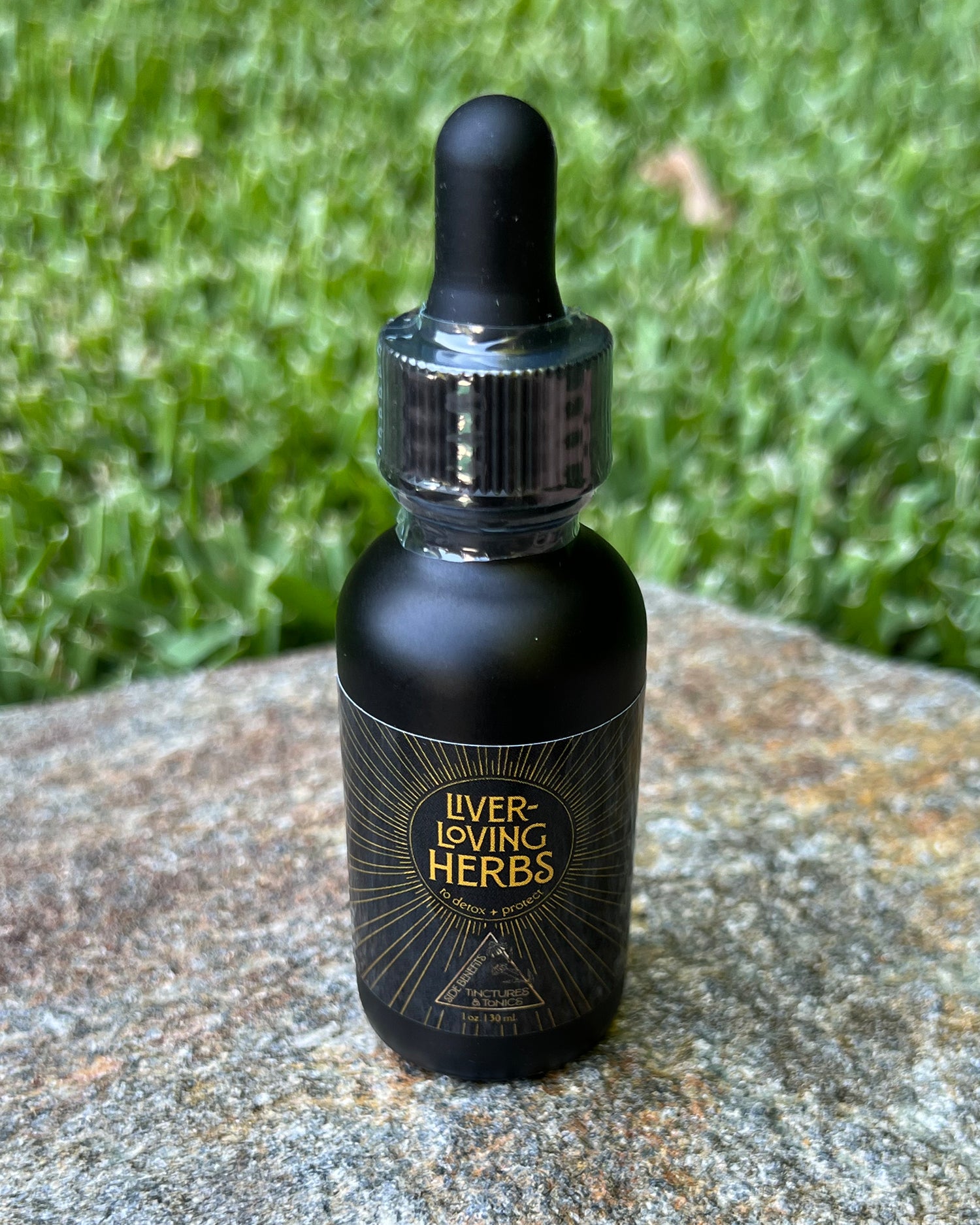Eat low-fat, cut out salt, artificial sweeteners are better than sugar...do any of these sound familiar? There's an abundance of both information and misinformation out there when it comes to how to stay healthy, at our optimal weight, how to have clear skin, etc. I call it “nutrition noise” because it can really be hard to decipher. I’d like to clear up some nutrition noise in this post, so let’s begin with a few of our long-held beliefs.
Low-fat Diet
Don’t assume the U.S. government has your back when it comes to MyPlate (the new Food Pyramid) which is influenced by BIG food lobbies and the American Heart Association––not science. These government guidelines assume we are all the same, so we should all be eating more carbohydrates, less saturated fats – more vegetable oils – and drinking skim milk. Ancel Keys, a physiologist with a PhD from Cambridge University, came up with the “diet-heart” hypothesis, after cherry-picking studies to show a link between total fat intake and deaths from heart disease. The American Heart Association loved his (flawed) study so much they amplified it and it spread like wildfire. Adding fuel to this fire was Procter & Gamble – manufacturers of industrial seed oils and vegetable oils (aka, Big Food). This is when the demonization of good fats like butter, meat, tallow and whole milk began, kicking off the low-fat craze.
Since the introduction of these guidelines in the ‘70s, this country has seen skyrocketing levels of weight gain and Type 2 diabetes because eating this way leads to uncontrolled blood sugar levels and clogged gallbladders. But will they look at actual science and change it? Heck no…there’s too much money involved. But thanks to science, fearing fat is a thing of the past. We now know the difference between good fats from bad, and how to get plenty of the good ones like omega-3s from a diet rich in healthy oils, nuts and seeds, fatty fish, and from high-quality supplements if we’re not getting enough. There are folks out there working hard to disprove the current flawed government guidelines––one such person is Nina Teicholz, a science journalist and the author of The Big Fat Surprise, a New York Times bestseller. The Big Fat Surprise challenges conventional wisdom on dietary fat and U.S. nutrition policy. I highly recommend giving it a read if this interests you.
Cholesterol
When the Framingham group in the late ‘70s studied cholesterol, to their surprise they found that high levels of HDL-cholesterol (65 mg/dL or above) actually lowered the rate of heart attacks among those studied. To get to the finding they were looking for, the group chose to focus on LDL-cholesterol instead since they could link elevated levels—even if only slightly higher—to heart disease. What followed was the creation of a slew of cholesterol (LDL) lowering statin drugs by Big Pharma and the study was even given the nod from both the National Institution of Health and the American Heart Association. The benefits of HDL-cholesterol in the body were seemingly ignored to avoid admitting the flaws in this study.
In the years since the Framingham Heart Study there has been 17 meta-analyses and systematic reviews conducted that have not found a clear link between saturated fat intake and heart disease. Nutritional epidemiological research is extremely difficult, so even the most well-respected studies come with big caveats. Most studies show no relationship between diet and cholesterol levels; there is no evidence that saturated fat and cholesterol-rich food contribute to heart disease. Interestingly, as Americans have cut back on saturated fat and cholesterol-rich foods (and have begun taking statin drugs), rates of heart disease have gone up. But isn’t it cholesterol that is clogging our arteries? No, there is actually very little cholesterol or saturated fat found in the arterial plaque or clogs. Most of the material is a calcium deposit (kind of like lime) and most of the fatty acids are unsaturated. When we look at what makes sense from a bio-individual, physiological and nutritional standpoint—good fat is necessary for optimal health—that is where the focus should remain.
Salt. Good or Bad?
Got high blood pressure? Your primary doc probably told you to cut out salt, right? They are banking on the correlation between an increase of salt leads to an increase in blood pressure which consequently increases the risk for cardiovascular issues like heart attacks. For decades this reasoning has been a point of contention within the healthcare industry. The earlier (pre-1900) studies did find that by limiting salt, it helped people with hypertension—but these were based on loose (if not uncontrolled) control groups. Since then, the overall evidence suggests that a low-salt diet was not an effective strategy for treating hypertension…because guess what, salt is an essential nutrient that the body depends on to live.
If you are under 50 and your blood pressure is under 120/80, it’s officially time to ditch any long-held belief that eating a low-salt diet is good for you. Don’t get me wrong, the refined salt that is added to packaged and processed food at high levels is still bad for you. Even table salt should be avoided since it is stripped of important minerals and can include harmful additives such as anti-caking agents. I’m talking about the naturally occurring salt in meats and vegetables and the sea salt used for flavoring dishes is good for you. Sea salt (and pink Himalayan salt) contains dozens of minerals, including the electrolytes calcium, magnesium, potassium and sodium that help you better absorb and utilize the water you drink to prevent dehydration. Sodium is necessary for proper transmission of nerve impulses and for optimally functioning cells. If we ate no sodium at all, we would die.
Calories In, Calories Out
Let’s get something straight here. Calorie-counting diets don’t work. Sure, they might help you to lose some weight in a few weeks or even months. In the long-run though, eating this way isn’t sustainable and you will ultimately gain the weight back – not doing your body any favors. What even is a ‘calorie’? A calorie is the amount of energy required to heat 1 kilogram of water by 1 degree Celsius. The body uses energy (calories) to fuel chemical reactions on a molecular level. But not all calories are created equal because not all foods are created equal and they have many different metabolic and hormonal effects within each different body. The things we eat – proteins, fats and carbohydrates – have different metabolic pathways. The thinking that by expending energy, we are burning off calories is completely flawed. Weight gain just isn’t that simple –– it goes way beyond just calories.
Packaged food
Knowing what to shop for at the market isn’t as straightforward as it used to be. With so many conflicting messages about good foods, bad foods, superfoods, and fake foods making headlines and hitting our social media feed every day, it has become more and more confusing to make choices on what we should eat. One thing that makes it difficult for us to know what is healthy and what is not is in the marketing of packaged food products. The pretty packaging covered in clever messaging is actually designed to just get you to buy it. Breaking news: packaged food is a FOR-profit industry! But the real villain can be found hiding inside those pretty packages –– sugar, additives, chemicals, refined and overly processed grains –– waiting to cause inflammation and wreak havoc in our bodies. How to avoid it? Read those labels! I’m not talking about the Nutrition Facts, I’m talking about the ingredients. What are they feeding you that you are unaware of? Can you even pronounce it? If not, put it back. Or as Michael Pollan puts it, “There are a great many food-like items in the supermarket your ancestors wouldn’t recognize as food...Stay away from these!”
Food is fuel. It gives our bodies the energy they need to carry us through our busy lives. If you aren’t feeding your body the correct fuel, you simply won’t feel as good as you could. There are over 100 trillion cells in our bodies, each one requiring a constant supply of nutrients to function optimally. Food affects all of those cells and by extension, every system and aspect of our being: our mood, our energy levels, mental clarity, our sleep, our sex drive and so much more. When you work with me, I help you choose the right foods to fuel your body, to help you feel nourished and healthy. My ultimate goal is to help you unlearn flawed nutrition beliefs and guide you in making simple diet and lifestyle changes that will begin to take effect almost immediately and last a lifetime.






